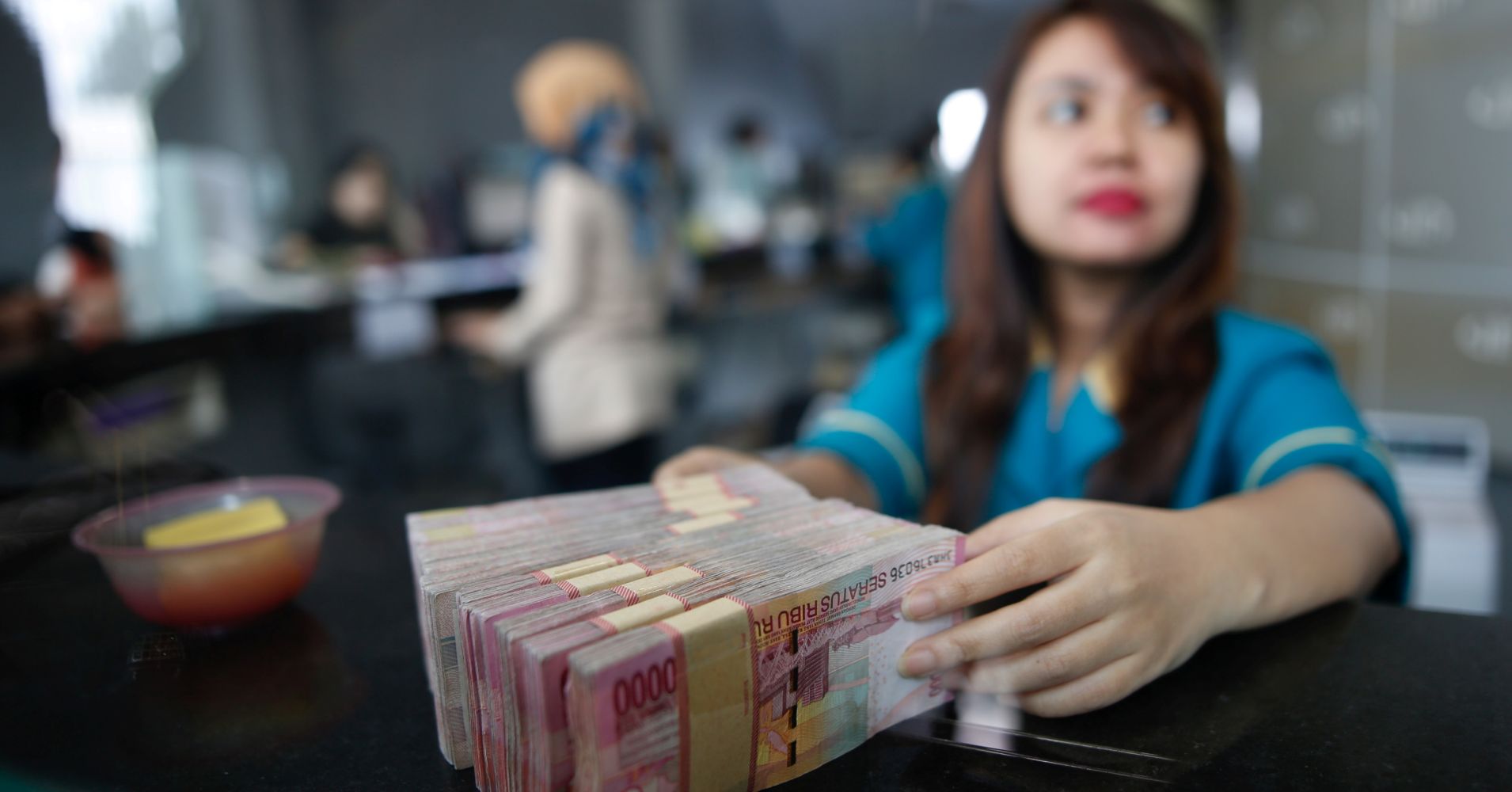
Emerging markets were rattled again, with the Argentine peso, Turkish lira and Indonesian rupiah tumbling overnight. The negative sentiment is set to weigh on other Asian currencies, although they will remain fairly resilient to the impact, analysts say.
The peso crashed nearly 12 percent, following a domestic crisis which saw its central bank hike rates to 60 percent in an attempt to shore up its currency. Extending its steep losses this year, the lira fell 2.94 percent to a fourth straight day of declines.
In Asia, India’s rupee fell to a record low against the dollar — a 10.97 percent fall since the start of the year, and the Indonesian rupiah hit a near three-year low.
“Emerging markets will remain pressured by the Argentine peso and Turkish lira crises,” DBS analysts said in a note Friday morning. The peso is down more than 45 percent against the greenback this year.
“Argentina has hiked rates to a record 60% to address double-digit inflation, but this would exacerbate the recession, and coupled with budget/current account deficits of around 5% of GDP, have increased the risk of for the government to default on its debt,” they added.
The MSCI Emerging Markets Currency Index has declined 2.1 percent since the start of August, and has tumbled 5.1 percent since the beginning of this year.
The currency crises may lead to some follow-through losses in Asia, but overall, the negative sentiment will not weigh as heavily compared to other factors, experts say.
The weakest currencies in Asia — the Indian rupee, the Indonesian rupiah and Philippine peso — will likely be under some pressure, they say.
“Here in Asia, the usual suspects are feeling some heat, though not as intensely. But the backdrop does reinforce the need for Bank Indonesia and the Philippine central bank to follow through with the additional rate hikes we are forecasting this year,” ING’s Robert Carnell, chief economist head of research for Asia Pacific, said in a note Friday morning.
DBS analysts noted that “while not immune, Emerging Asia has been resilient” to the Argentine peso and lira crises. They pointed to the depreciation in the rupee, rupiah and Philippine peso as being more “modest” compared to the fallout in the Argentine peso and lira, so far this year.
“Even so, Asia needs to guard against complacency,” they cautioned.
“These three currencies have been struggling with rising US rates since the start of the year due to deficits in their fiscal and current account balances. With heightened trade tensions threatening to erupt into a full-blown trade war, the region is on alert for disorderly capital outflows (that) could lead to financial instability, especially in countries that have high external debt levels,” they added in the note.
Irene Cheung, senior strategist for Asia at ANZ, said that rising oil prices will be more of a concern, particularly for countries with current account deficits. That will be a factor that will weigh heavily on emerging currencies, she told CNBC.
More expensive oil leads to a higher import bill for countries which are net importers of oil. Higher oil prices also lead to a widening current account deficit — a measure of the flow of goods, services and investments in and out of the country.
Tariffs are set to put more pressure on the yuan and other currencies in the region, rather than the emerging currencies fallout, according to Carnell.
“In response to the announcement by Donald Trump yesterday that he is looking to introduce the new wave of China tariffs next week … the (People’s Bank of China) PBoC seems to be responding by allowing a modest depreciation of the yuan (CNY). This, rather than the Argentine / Turkish issues is most likely why the region’s currencies are looking a little soft today,” he said.

